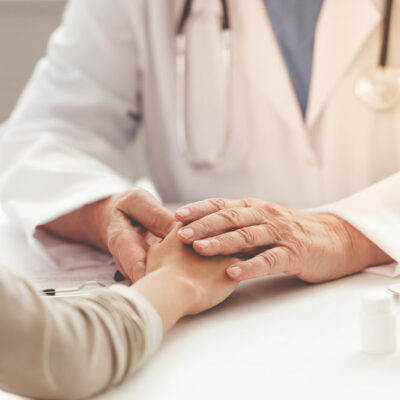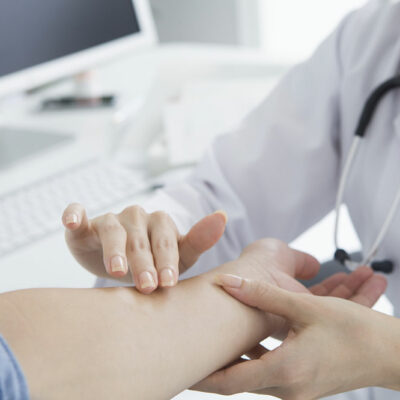4 common warning signs of Huntington’s disease

Huntington’s Disease (HD) is a rare and devastating genetic disorder that affects the brain’s nerve cells. While there is currently no cure for HD, early detection is crucial for managing the symptoms and improving the quality of life for those affected. This means recognizing the common warning signs of HD can lead to an earlier diagnosis and better treatment options. Hence, here are four common warning signs to be aware of.
Involuntary movements
One of the hallmark symptoms of HD is the presence of involuntary movements, known as chorea. These movements can manifest as sudden, jerky, and uncontrollable motions affecting the limbs, face, and body. Initially, these movements may be subtle, such as finger tapping or facial twitching, but they can become more pronounced as the disease progresses.
Cognitive decline
HD also affects cognitive function, leading to a decline in mental abilities. This means individuals with this condition may experience difficulty concentrating, memory loss, and problem-solving. These cognitive changes can make it challenging to perform routine tasks and maintain social relationships. Further, family members, friends, or caregivers may notice a decline in the patient’s ability to plan, organize, and communicate effectively.
Emotional disturbances
Emotional disturbances are common in individuals with HD. Mood swings, irritability, and unexplained outbursts of anger or aggression are typical symptoms. These emotional symptoms can strain relationships and lead to social isolation if left unaddressed.
Physical decline
As the disease progresses, individuals with HD may experience a decline in their physical abilities. This includes difficulties with balance and coordination, leading to an increased risk of falls. Moreover, muscle weakness and stiffness can occur, making it challenging to perform everyday tasks.
Finally, it’s important to note that the onset and progression of these common warning signs of HD can vary from person to person. While some individuals may experience noticeable symptoms in their 30s or 40s, others may not show signs until later in life. Additionally, HD is a genetic disorder, so individuals with a family history of the disease are at a higher risk and should consider genetic testing for early detection.
In conclusion, if one exhibits any of these warning signs, one must seek medical advice promptly. A neurologist or genetic counselor can conduct a thorough evaluation, which may include genetic testing to confirm a diagnosis.










